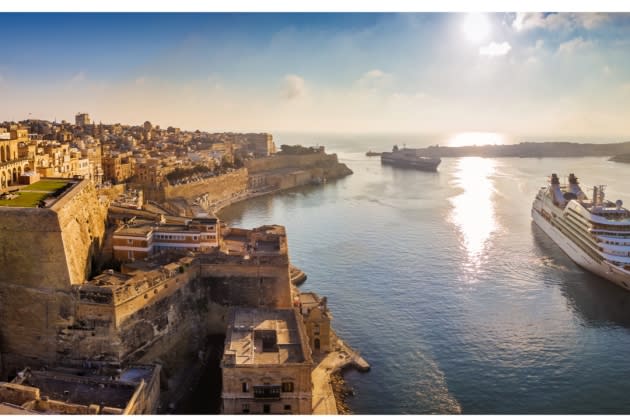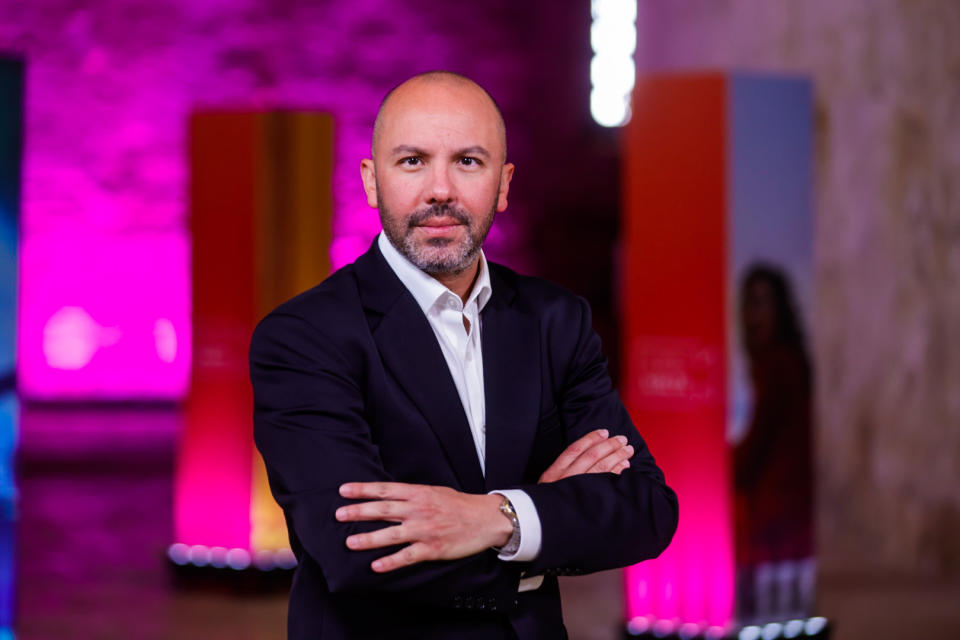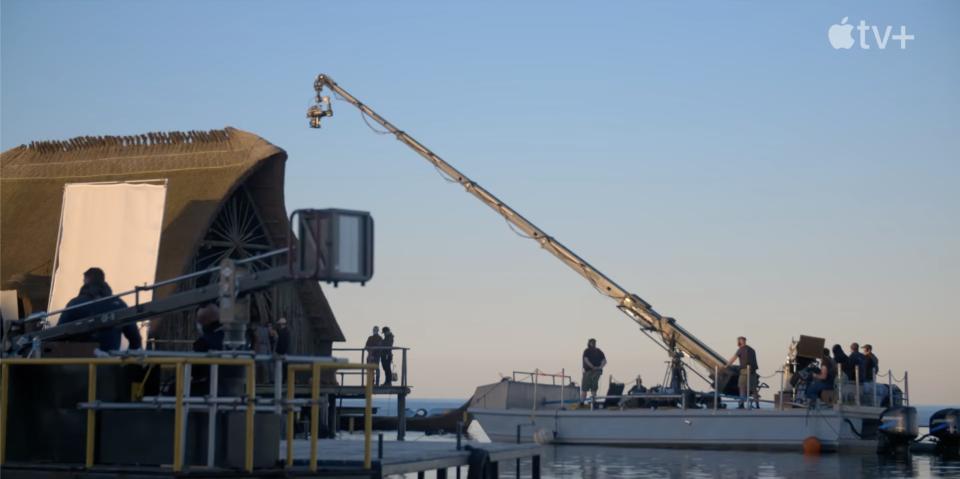Hot Spots: Malta Continues Its Push As A Prime Filming Location With Enhanced Cash Rebate & Ambitious Soundstage Plans
- Oops!Something went wrong.Please try again later.
- Oops!Something went wrong.Please try again later.
- Oops!Something went wrong.Please try again later.

Malta has a rich history as a filming location with directors such as Ridley Scott, Paul Greengrass, Ron Howard, Steven Spielberg and Oliver Stone all having shot big budget projects in the country across the last two decades. During this time, productions have been attracted by the country’s epic locations, generous tax incentives, renowned water tanks and skilled crew base.
But it has really been in the last five years that the territory has ramped up its efforts to attract foreign shoots to the European archipelago while also attempting to grow its local film industry. Malta now offers one of the most attractive cash rebates available, raised from 27% to 40% three years ago and, this year, it announced an “upgrade” on that rebate to enhance its attractiveness as a location amid the global production boom. Additionally, Malta recently announced a €40 million ($40.1 million) investment from government to build a major new soundstage and facilities at its Malta Film Studios.
More from Deadline
Malta Film Commissioner Johann Grech, who has been in the role since 2017, is one of the main drivers behind this huge industry push to position the country as a prime film and television destination that he hopes will put Malta in the company of compelling destinations such as UK, New Zealand and Australia.
“The last five years we have worked immensely in terms of strengthening our product,” Grech tells Deadline. “Let’s be clear – Malta is not a newcomer into this industry. We have nearly 100 years of experience and through these years we have hosted a good number of IPs, so we have a very strong record in filmmaking.”

Indeed, it’s been more than 20 years since Scott filmed his Oscar-winning epic Gladiator on the island and the director recently returned to Malta with that film’s co-star Joaquin Phoenix to shoot historical drama Napoleon for Apple, based on the French leader’s rise to power. Projects such as German series Das Boot, Apple TV+’s Foundation and Amblin Entertainment/Universal’s Jurassic World Dominion have all recently lensed in the country.
“We have been very reputable in terms of our cash rebate and in terms of servicing,” says Grech. “We’re known for our excellent crew, our great locations and our climate as we always have blue skies which make for excellent days for filming. But we needed to strengthen our product and push it and market it well with a really strong strategy because we are living in a very competitive market.”
Grech’s marketing vernacular comes from his background in that sector. Before he was appointed film commissioner, he worked in marketing in Malta’s government in the Prime Minister’s office and also worked at advertising agency TBWA\ANG. His close ties to the government have enabled him to get things moving quickly and he is largely considered the architect of Malta’s increased cash rebate.
In 2017, the country’s rebate sat at 27% but now its 40% rebate is largely considered one of the most generous in all of Europe. The rebate has no annual cap and below-the-line spend is not capped while there’s a hybrid cap on above-the-line spend at either €1 million ($1 million) for smaller projects or 30% of the total Malta eligible spend for larger projects with a maximum rebate of €5 million ($5 million). So that means a €45 million ($45 million) production in Malta with €40 million ($40 million) eligible spend will benefit from an above the line cap of €12 million ($12 million) and Malta will give 40% on that.
The change in this rebate, says Grech, “really got the industry talking” and Malta has since seen a huge uptick in not only projects coming to shoot in the territory, but also in expanding its local crew base. In 2018, Malta had 400 registered local crew along with 60 companies catering for the industry. Today, it boasts more than 1,400 registered crew members and more than 400 companies working within different departments in the industry.
“We are living in a highly competitive market,” he admits. “We know that we’re known for our locations, the island’s beautiful architecture and so on but we needed to be bolder and better.”
Grech says that there has been a clear mission in breaking out of what he calls a “seasonal film industry” into one that that is now “back-to-back.” This year, some 22 productions were announced to touch down in Malta.

“The program keeps evolving and we’ll keep following the trends and listening to productions and responding to those things,” he says. “In the last five years, we have totally shifted the industry from seasonal to back-to-back but it’s not enough. We’re not stopping just halfway to ensure that we get on top of our vision. We want to ensure that we build a sustainable industry. We are investing in the future through our education and training for our local crew. We are also building Malta’s first soundstages, which will create solid, tangible careers in our industry.”
The €40 million ($40 million) investment will see Malta’s first sound stages being built in the at its Malta Film Studios, where its famous special effects water facilities are located. According to Grech, the “master plan” will see two soundstages constructed, along with workshops, production facilities and more warehouses. “As we speak, the first wing is being built,” he says, and envisages opening its doors in 2024.
“I have to work to ensure that we are building a sustainable industry, and this is a big part of it,” he says. “We want these world class facilities and to be able to invest more in our product.”
Additionally, MFC is working hard to get more people in the Malta industry educated and trained to work across all different parts of the business. “Globally, there is so much content to be produced and we want to have a share of this not only to boost our economy and service film productions in Malta but also because we want more people to join the film industry. We are working with Malta’s education ministry to ensure that from early schooling we are able to raise awareness about the tremendous potential of jobs in this business.”
The commission is planning on launching “a strong local training initiative” in November, which will offer free intense training programs to encourage people to join the business as well as upskill existing crew.
“We want to give the young people the power to the film industry,” Grech says of potential new entrants into the market. “We want to create more job opportunities. The film and television industries are growing every day and we want to respond to those demands by creating job opportunities every day.”
Best of Deadline
Sign up for Deadline's Newsletter. For the latest news, follow us on Facebook, Twitter, and Instagram.

